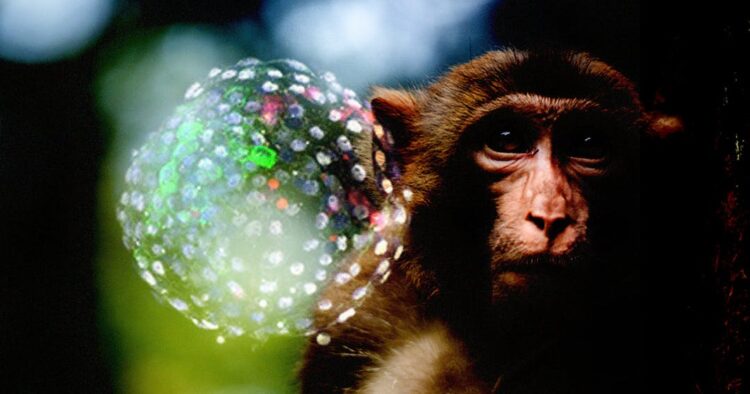By Dominic Taylor
A team of scientists reported for the first time on Thursday that they have created embryos that are part human and part monkey and grown them in a lab for up to 20 days, a controversial practice that scientists say could help develop treatments for diseases and pave the way to growing much needed organs for human transplantation.
The international team articulated the process of creating the monkey-human embryos, known as chimeras, in a paper published in Cell, a major breakthrough that also raises some serious ethical questions.
In the study, chimeric embryos were created by injecting human stem cells into monkey embryos which were then grown under laboratory conditions.
The human cells lasted much longer in the monkey embryos than in previous experiments that used other animal cells and opens up possibilities for research that could not be carried out on human embryos.
The researchers, who acknowledged the “significant ethical concerns” surrounding the research, said the study offers new insights into human development and could help develop “regenerative medicine,” including growing organs for transplants.
Juan Carlos Izpisua Belmonte, a professor at the Salk Institute, a respected research institute founded by the developer of the first polio vaccine Jonas Salk, and senior author of the paper, said it is “our responsibility as scientists to conduct our research thoughtfully, following all the ethical, legal, and social guidelines in place.”
Belmonte added that a “thorough and detailed” review of the ethical considerations were undertaken before the study which also “helped guide” the experiments.
The embryos, described on Thursday in the journal Cell, were created in part to try to find new ways to produce organs for people who need transplants, said the international team of scientists who collaborated in the work. But the research raises a variety of concerns.
“My first question is: Why?” said Kirstin Matthews, a fellow for science and technology at Rice University’s Baker Institute. “I think the public is going to be concerned, and I am as well, that we’re just kind of pushing forward with science without having a proper conversation about what we should or should not do.”
Still, the scientists who conducted the research, and some other bioethicists defended the experiment.
“This is one of the major problems in medicine — organ transplantation,” said Juan Carlos Izpisua Belmonte, a professor in the Gene Expression Laboratory of the Salk Institute for Biological Sciences in La Jolla, Calif., and a co-author of the Cell study. “The demand for that is much higher than the supply.”
Controversial
Chimeras, the combination of cells from multiple species, are controversial, especially when involving human or non-human primates. The moral status of these part-human animals is a particularly controversial issue, as they must have enough humanity to be useful for experiments or, one day, to grow human organs, but not enough humanity so as to warrant protection from experimentation.
Pandora’s Box
The University of Oxford’s Professor Julian Savulescu, a specialist in practical ethics, said “the most difficult issue (for this research) lies in the future,” adding that it “opens Pandora’s box to human-nonhuman chimeras.” Savulescu said it is “only a matter of time before human-nonhuman chimeras are successfully developed,” one of the long-term goals of this kind of research. Any live-born chimeras must have their lives and mental capacities assessed before being experimented on, he added.




